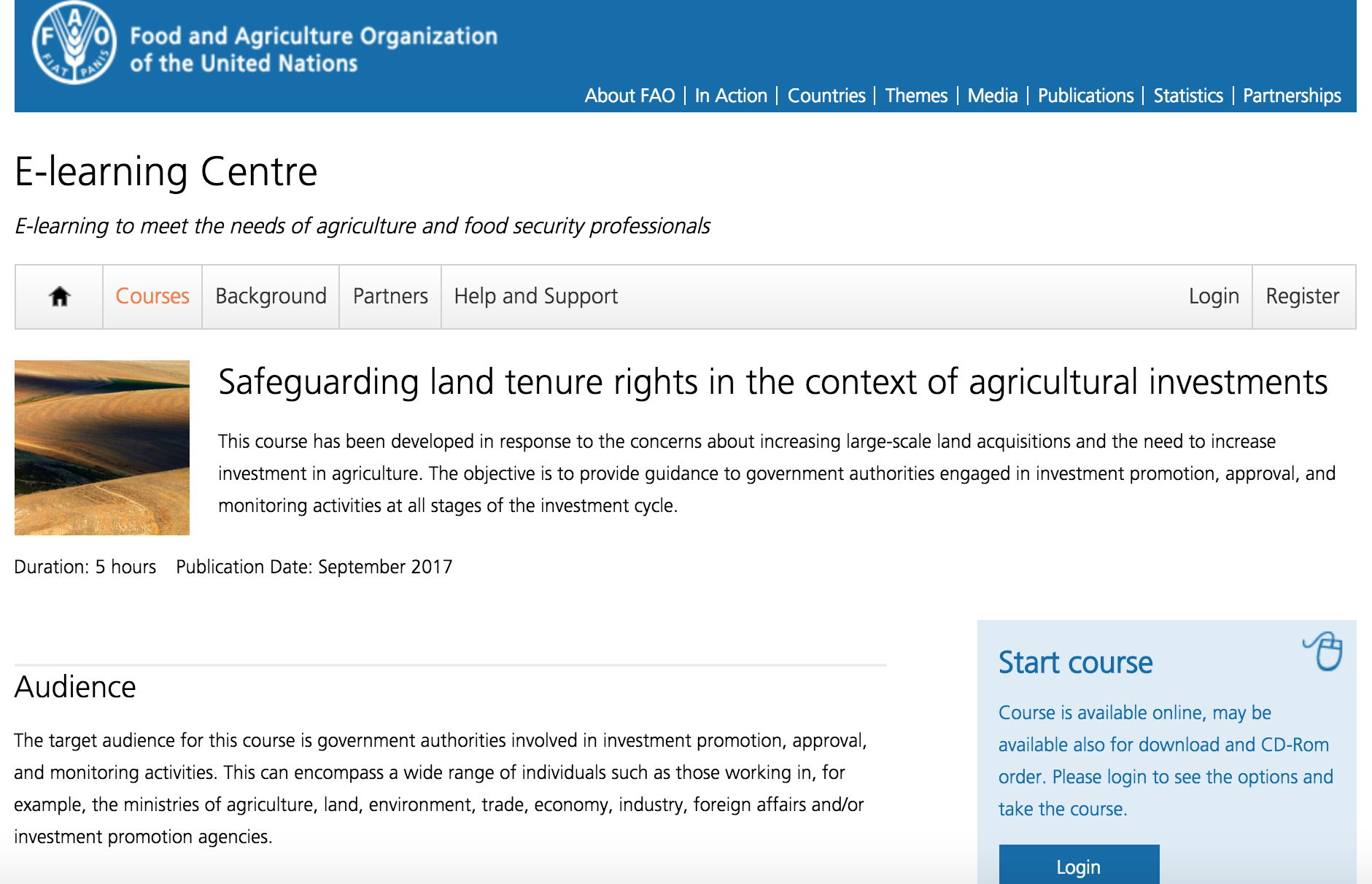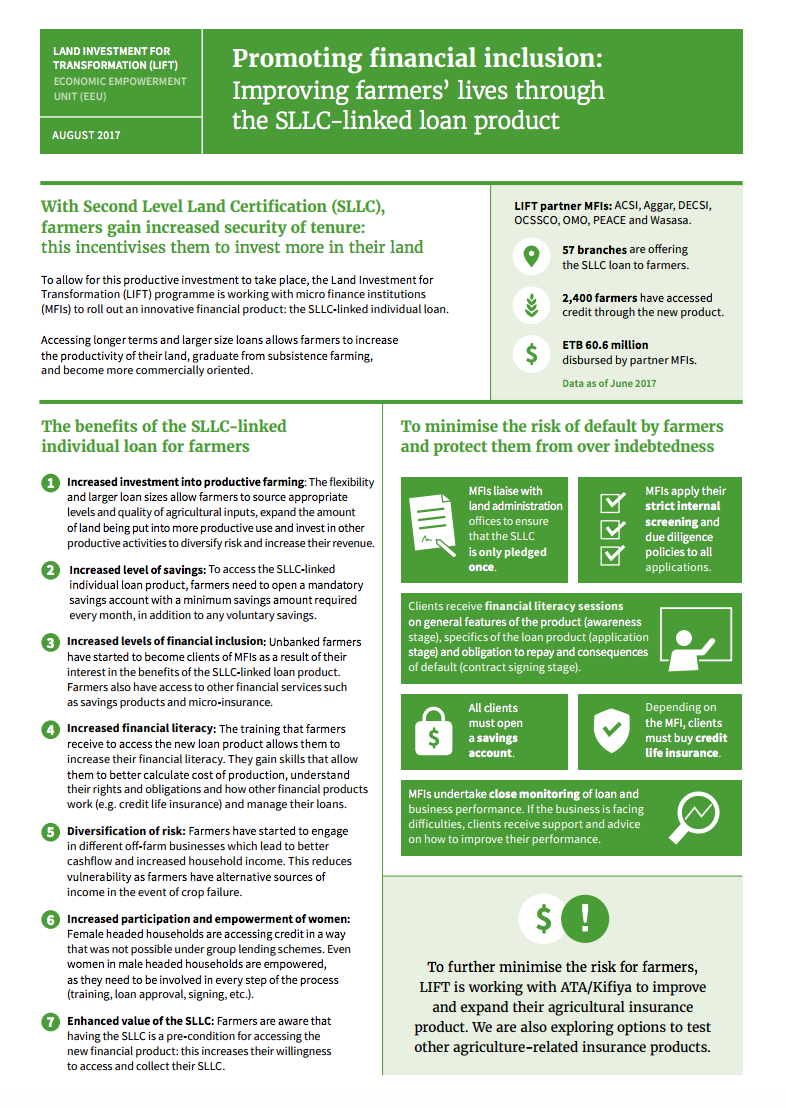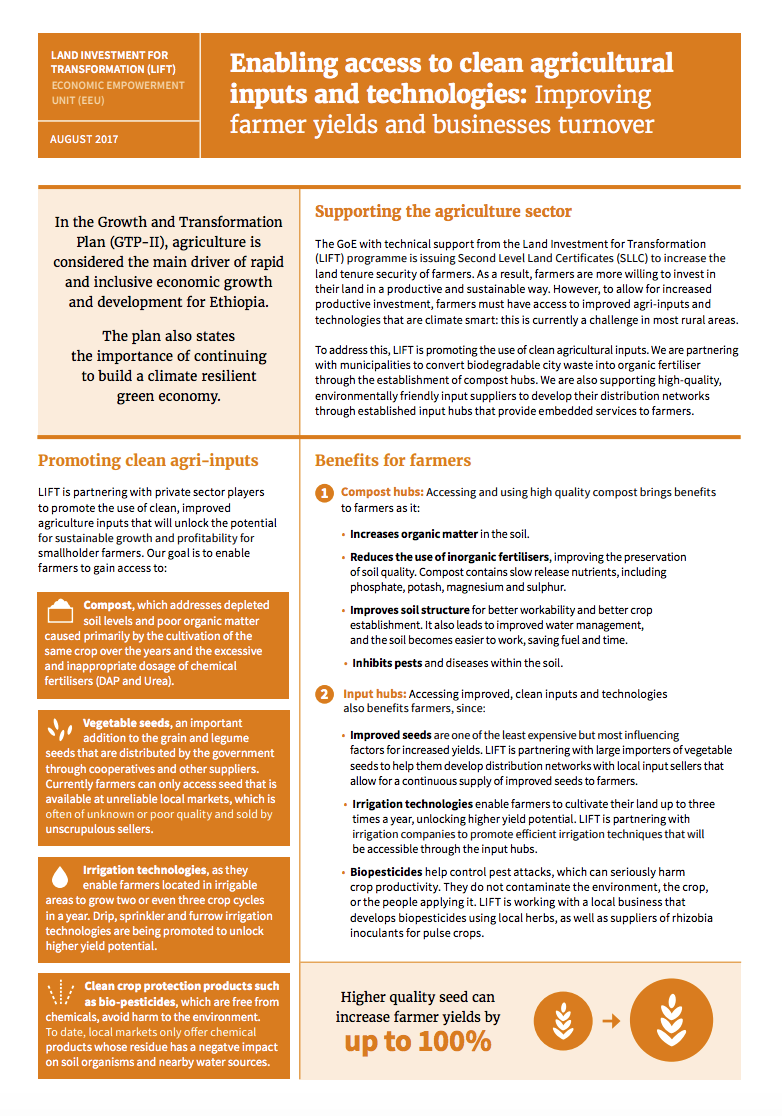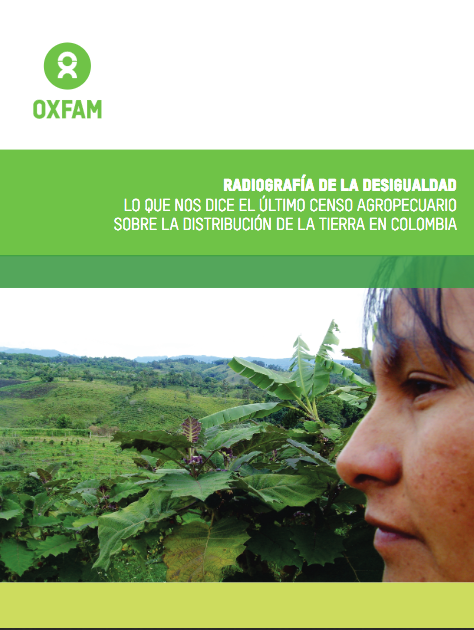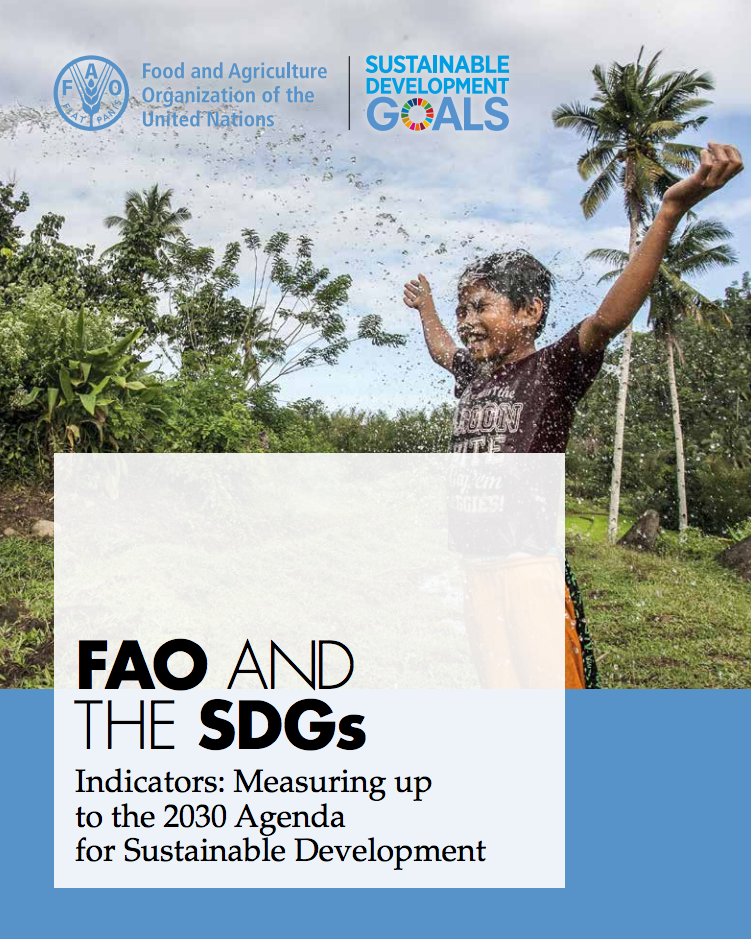Analysis of the productive systems in the Bagré irrigation scheme (Burkina Faso)
The development of irrigation is one of the priority strategies in the Sahel countries to tackle poverty and food insecurity. At a time when governments are once again committing to increase irrigable areas, it seemed relevant to analyze, in line with the ECOWAS guidelines, the results achieved in large irrigated schemes developed in the 1980s and 1990s to draw lessons for future developments.


